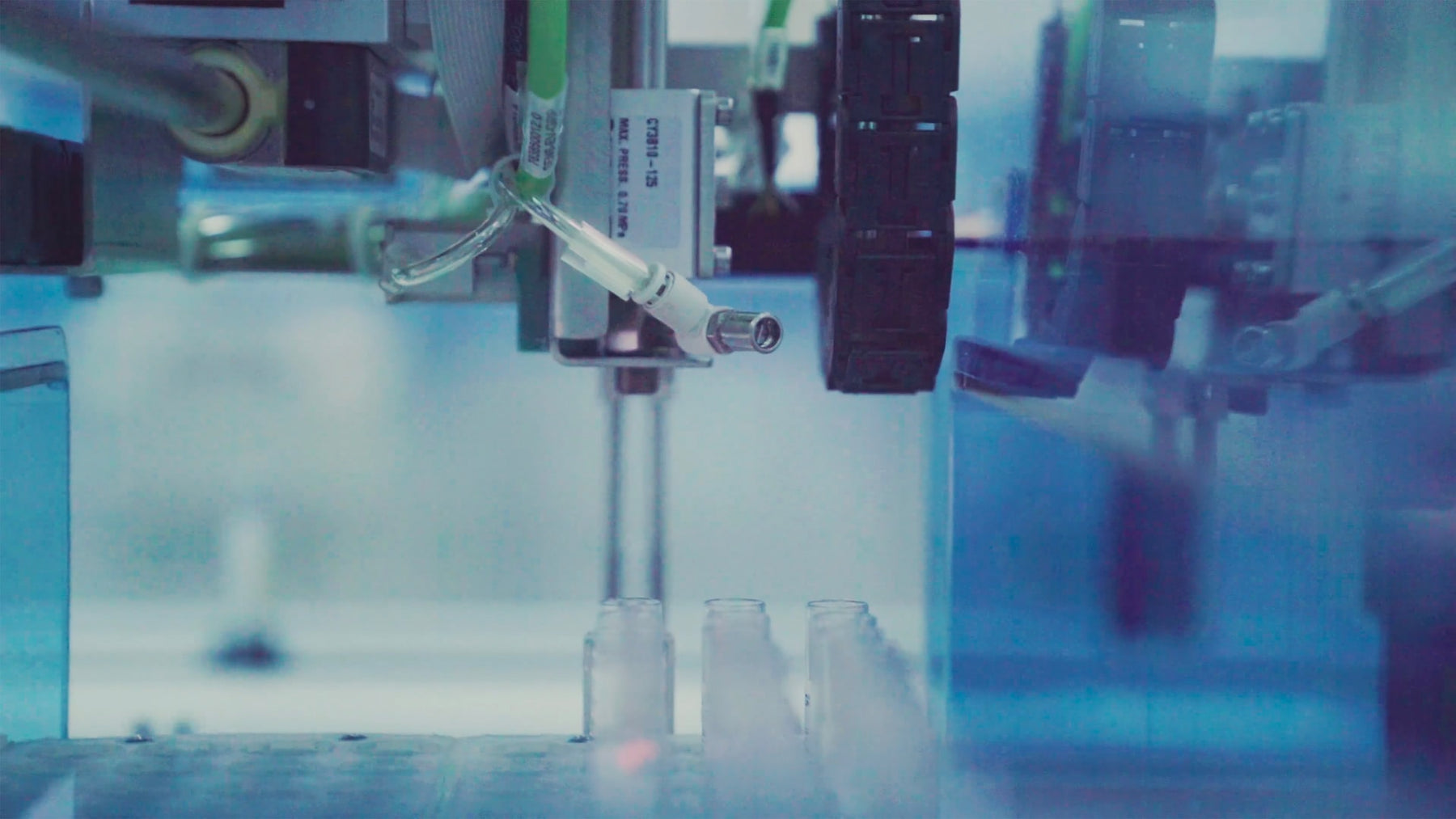(858) 224-9100

Step-by-Step Guide to Replacing an HPLC Injection Loop 🛠️
Hello, lab enthusiasts! Today, we're embarking on a journey that will take us from the realm of uncertainty to the land of proficiency. We're diving into the world of High-Performance Liquid Chromatography (HPLC), and by the end of this post, you'll be a certified HPLC loop replacement expert. So, put on your lab coats, grab your wrenches, and let's get started!
Step 1: Opening the Door on the Shimadzu LC-20 Auto Sampler 🚪
First things first, we're not performing magic here, folks. We're opening the door on the Shimadzu LC-20 auto sampler. The secret is to open it all the way for it to come off. It's like the gateway to the world of HPLC loop replacement.
Why it matters: This step is crucial because it sets the stage for your entire loop replacement process. If you skip this step, you'll be left with a closed door, blocking your access to the loop. It's like trying to start a car without a key - a surefire recipe for frustration!
Step 2: The Right Tools for the Job 📐
Next, we're gathering our tools. "I think it's a number six wrench. You can unscrew this guy." The process of replacing the HPLC injection loop requires the use of specific tools, such as a number six wrench. It's like the baby steps of your loop replacement journey.
Why it matters: Having the right tools at hand is essential for a smooth replacement process. If you skip this step, your results could be off, leading to a poorly fitted loop and potentially disastrous consequences for your HPLC system.
Step 3: Proper Placement of the Injection Loop 💡
Now comes the precision part - placing the injection loop correctly. Proper placement of the injection loop is crucial for ensuring the correct motion of the loop when the sampler head is moving around. It's like arranging the pieces of a puzzle in the right places.
Why it matters: If you skip this step, you could end up with a misaligned loop, leading to errors in the sampling process, affecting the accuracy of your results.
Step 4: Regular Replacement of the Injection Loop 💦
Next up, we're talking about the importance of regular replacement of the injection loop. The injection loop is the part that gets the dirtiest and needs to be changed most often in an HPLC system. It's like changing the oil in your car - necessary for smooth operation.
Why it matters: If you neglect this step, your HPLC system could suffer from inefficiency and inaccuracy, leading to poor results and potential damage to the system.
Step 5: The Replacement Process 🔧
Now, we're onto the actual replacement process. This involves specific steps, such as threading the line through a rectangle and tightening the screw with a six millimeter wrench. It's like the diaper change of loop replacement - not the most glamorous part, but absolutely essential.
Why it matters: If you skip or incorrectly perform these steps, you could end up with a poorly functioning loop and inaccurate results.
Step 6: Leaving Enough Give in the Tubing 💡
Next, we're leaving enough give in the tubing. This flexibility can help prevent damage to the loop and ensure a proper fit. It's like leaving room for growth when buying clothes for a growing child.
Why it matters: Not leaving enough give can lead to tension in the tubing, potentially damaging the loop and affecting the system's performance.
Step 7: Cleaning Up After the Replacement 🧼
Finally, it's time for the cleanup. "The best way to clean the black streaks left by Shimazu's loop is baking soda and vinegar, which surprisingly does a super great job cleaning up those." It's like the bath time after a day of messy play - refreshing and necessary.
Why it matters: Neglecting to clean up after the replacement can lead to residue buildup, affecting the performance of the system.
Step 8: Review, Run, and Celebrate! 🎈
Last but not least, review your work, run your HPLC system to ensure everything is working correctly, and then celebrate! You've just replaced your HPLC injection loop. You're officially an HPLC loop replacement expert!
Why it matters: Reviewing and running your system is like the first steps of your baby - it's a big milestone! If you skip this step, you could miss potential errors in your loop replacement, leading to inaccurate results and wasted time.
So there you have it, folks! You've graduated from HPLC novice to HPLC loop replacement expert. Now go forth and maintain your HPLC systems like a pro.

Leave a comment